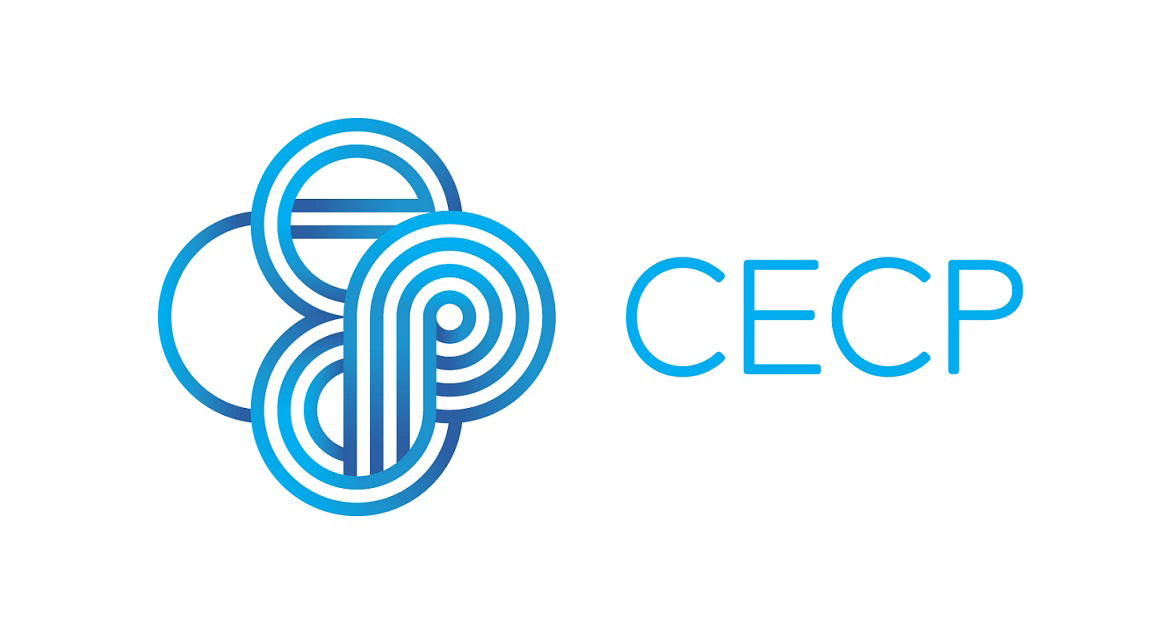Calling on the Private Sector to Solve the Next Great Health Crisis of Our Time – Global Safe Surgery
Chief Medical Officer, GE Foundation

As originally posted on CECP's Insights Blog
The global health world periodically has rude awakenings that expose vulnerabilities in countries’ preparedness to handle health crises. The outbreaks of Ebola and Zika in recent years are a glaring example of this weakness, exposing how poorly prepared areas like West Africa were for threats of that magnitude. Governments, civil society, and the private sector leapt into action with the resources to help, but their aid arrived late and was not completely organized, rendering their relationships and resources underutilized. The next global emergency is always lurking around the corner, making advance preparation of key resources all that much more important.
Global safe surgery is that “next” global emergency, but it is actually already here. The crisis at its core concerns the five billion people globally that lack access to safe surgery – everything from a trained medical staff of surgeons and nurses to accessible facilities with operational surgical equipment and adequate anesthesia. The crisis poses a variety of safety concerns and is hitting the world’s most vulnerable people, low- and middle-income countries (LMICs), the hardest. Simple and common procedures like C-sections are taken for granted in the developed world, but are largely inaccessible or unsafe for many people in developing countries.
To illustrate, an expectant mother in sub-Saharan Africa typically does not have access to life-saving procedures like C-sections if complications arise in her pregnancy. In Nigeria, only 2% of babies are born by C-section due to lack of access to safe procedures, and for every 100,000 live births in the country, 814 women die. The Lancet’s “Global Surgery 2030” report published that 143 million additional surgical procedures are needed in LMICs each year to save lives and prevent disability.[i] This is not only a crisis of similar magnitude to Zika and other natural disasters, but also one that stands to benefit the most from engagement and action by one group in particular – the private sector.
Read the complete post on CECP's Insights Blog.

